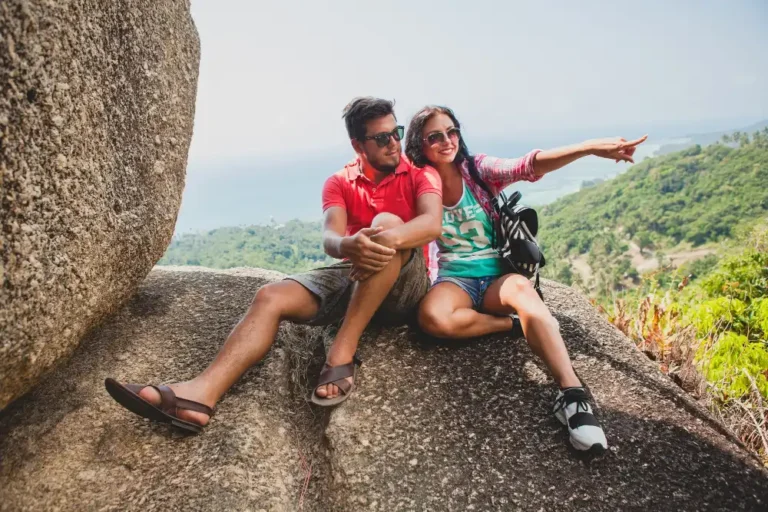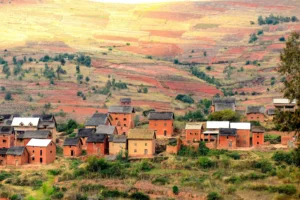Understanding Malagasy Cultural Diversity:
Madagascar’s culture is a colorful mosaic influenced by Southeast Asian, African, Arab, and French colonizers. Each region has its own distinct customs and traditions. Before diving into local practices, it’s important for visitors to understand the diversity and history that shape these traditions, helping them appreciate the nuances of what they will experience.
Participating in Local Festivals:
One of the best ways to experience Malagasy culture is by joining in local festivals. The “Turning of the Bones” (Famadihana) is a famous funerary tradition involving the exhumation and rewrapping of ancestors’ remains in fresh cloth, accompanied by music, dance, and feasting. Attending such events allows visitors to witness the profound respect and affection Malagasy people hold for their ancestors. It’s crucial, however, to approach these events with respect and sensitivity towards local customs.
Learning Through Cuisine:
Malagasy cuisine is another gateway to understanding local culture. It is a blend of flavors from various settlers on the island. Visitors can take cooking classes to learn how to prepare traditional dishes like Romazava (beef stew) or Mofo Anana (bread with greens). This not only provides an insight into everyday life but also supports local economies.
Engaging with Traditional Music and Dance:
Music and dance are integral to Malagasy celebrations and daily life. Traditional instruments, such as the valiha (a bamboo tube zither), carry the soul of Madagascar’s musical heritage. Participating in dance workshops or attending live performances can provide an immersive experience that celebrates and preserves this important aspect of Malagasy culture.
Supporting Local Artisans:
Artisanal crafts in Madagascar include weaving, embroidery, and wood carving, each telling a story of cultural identity and local mythology. By visiting artisan markets or participating in craft workshops, travelers can directly contribute to the local economy while gaining insight into the artistry that is passed down through generations.
Responsible Cultural Tourism:
While cultural immersion offers profound experiences, it is vital to approach it with respect. Travelers should be mindful of local norms and practices, seek permission before taking photographs, and contribute positively by supporting local businesses. Engaging with local guides not only enriches the experience but also ensures that interactions are respectful and appropriate.





